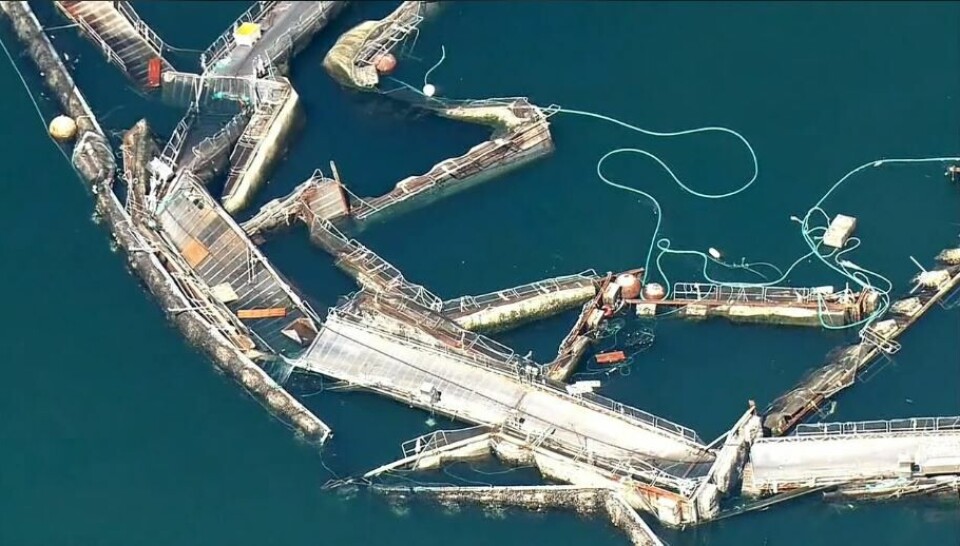
Cooke's $2.75m pay-out to end anti-salmon farm group’s legal action
Cooke Aquaculture has agreed to pay $2.75 million in legal fees and funding for restoration projects in Puget Sound to settle a court case brought by anti-salmon farming group Wild Fish Conservancy (WFC).
The group initiated legal action against Canadian-owned Cooke about a week after the collapse of a fish farm at Cypress Island in Puget Sound on north America’s western seaboard in August 2017. The incident in Washington state led to the escape of as many as 263,000 Atlantic salmon.
WFC brought the action under a provision of the US Clean Water Act that allows for citizens or groups to file lawsuits to enforce federal environmental laws, regulations and permits.
$1.6m legal fees
The settlement, which WFC said was reached just days before Cooke was due to defend itself in court, is conditional on a federal review and a judge’s signature, according to a report by the Seattle Times.
About $1.6m from the settlement is slated to pay the WCF’s legal fees, reported the media outlet. The other $1.15m would go to the Rose Foundation for Communities and the Environment, an Oakland, California-based non-profit organisation, for projects to improve Puget Sound water quality and aquatic habitat.
The Cypress Island farm collapse was the catalyst for legislation which outlawed the net-pen farming of non-native fish, which includes Atlantic salmon, in Washington state.
Switch to steelhead
Cooke has since applied for permission to farm sterile native rainbow trout, also known as steelhead in the US, instead.
The pens that collapsed at Cypress Island had been inherited by Cooke when it bought its Washington from the previous owner and Cooke had been planning to replace them.
In a statement to the Seattle Times, Cooke press spokesman Joel Richardson said: “In fact, our permits to replace the Cypress salmon cages were sitting with regulators at the time of the unfortunate incident.”
WFC opposes Cooke’s plans to switch to steelhead, but Washington Department of Fish and Wildlife (WDFW) officials have said risks of captive steelhead to trout stocks in the natural environment — the spread of viruses, escapement and escaped fish interbreeding with wild or hatchery fish — are low and could be largely mitigated with measures required by the agency, reported the Seattle Times.






















































